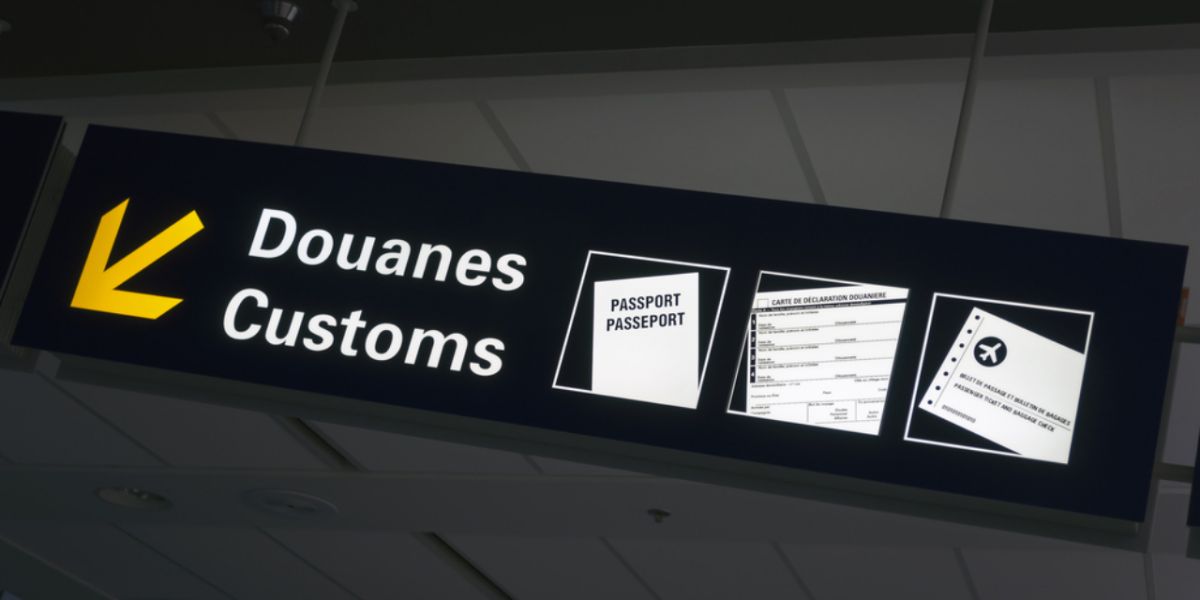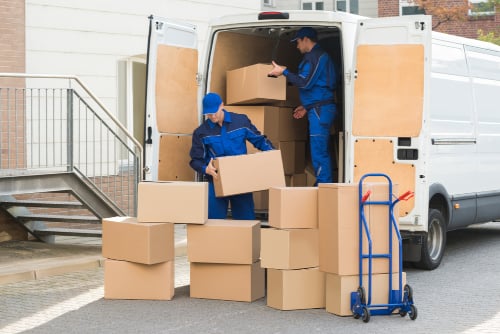
Before traveling to Argentina, you'll need to know what products and objects are authorised in the country, some of which will be exempt from tax when imported in small quantities. Before boarding, make sure you complete a customs declaration form, which will be provided by your carrier or the Argentine authorities.

You will also have to declare your foreign or local currency. There is no restriction on the amount of local currency, however, foreign currency equal to or more than US$10,000 must be declared at customs. If you are between 16 and 21 years old, you must declare anything equal to or greater than US$2,000.
If you're entering Argentina from a neighbouring country, such as Brazil, Bolivia, Chile, Paraguay or Uruguay, officials will focus on different things. For example, those from the bordering countries will have fruits and vegetables confiscated, whereas those travelling from south of the central Andean countries may be searched for drugs. It goes without saying that anyone found to be entering the country with illegal drugs will get in trouble, no matter where they're coming from. Below you will find a more extensive list of what can and cannot be brought into Argentina.
Permitted products for all travellers
- 2 litres of alcoholic beverages
- 400 cigarettes
- 50 cigars
- 5kg of food
Permitted products for travellers from neighbouring countries
- 1 litre of liquor
- 200 cigarettes
- 25 cigars
- 2kg of food
Electronic items, including laptops, cameras and mobile phones, can be brought into the country duty-free, provided you are not planning to sell them. You might consider typing a list of the electronic items you are carrying, along with their serial numbers, or take the receipts along with you. Alternatively, you can register your items with customs at the airport from which you're departing, where you'll receive a Certificate of Registration, allowing duty-free entry of each item.
Prohibited products for all travellers
- Firearms and ammunition (unless you have the necessary permission)
- Explosives
- Knives and sharp weapons
- Illicit drugs
- New computers and television sets
- Meat or meat products
- Dairy products
- Bee products
- Trees, plants and plant products
- Animal feed
- Soil
- Counterfeit banknotes
- Pornographic material
An additional fee of some $300 is deducted for products or items purchased in duty-free shops in ports or airports. Goods purchased in other duty-free shops are considered in the original franchise and the value of these products will be established by the customs officer. Don't worry, these guys tend to be fairly polite towards tourists.
If you are relocating to Argentina, carriers will generally handle the customs paperwork for you. For added security, you could opt for a carrier affiliated with the FIDI (International Federation of International Movers). Contact the Argentine embassy or consulate for more information about relocation and, if you need an estimate for removal services, fill out our online quotation form.
We hope you found this article useful! For more articles on living in Argentina, visit our website.
Useful links:
Federal Administration of Argentina
IATA
FEDEMAC - Federation of European Movers
FIDI - International Federation of International Removers
We do our best to provide accurate and up to date information. However, if you have noticed any inaccuracies in this article, please let us know in the comments section below.








